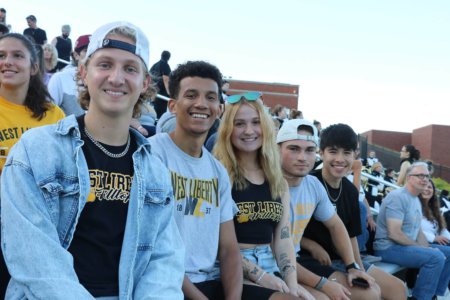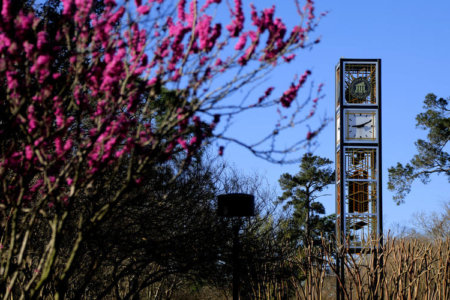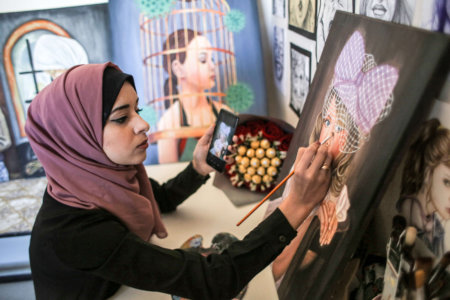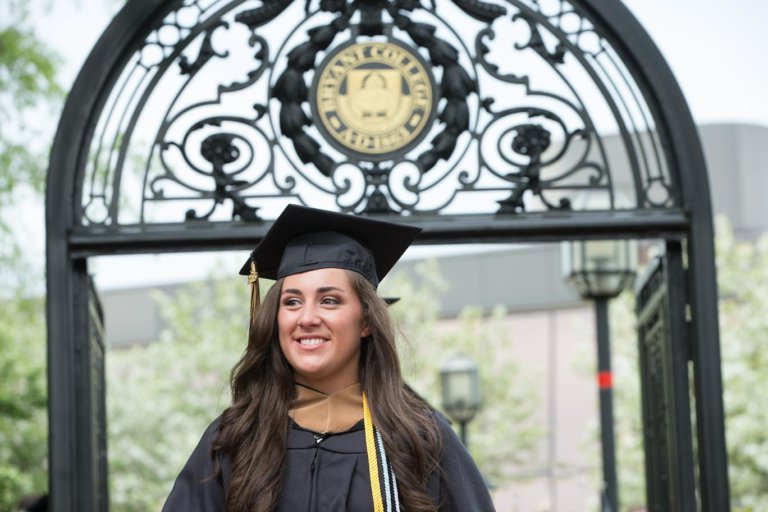
An education in the liberal arts is not a new concept. Its origins date all the way to the Ancient Greeks, where such disciples were classified to be “essential preparation for effective participation in public life” — and, in looking at the qualities of a liberal arts education, it’s simple to understand why. It’s well known for its broad curriculum — encouraging students to become knowledgeable in a range of different subjects.
In this, liberal arts colleges often produce well-rounded students capable of appreciating topics such as social justice, political science, and climate change. Perhaps the most important value of attending such colleges, however, is how it transforms students to become versatile, critical thinkers.
Because of this, liberal arts graduates tend to be more successful in the long-term. Studies show how many liberal arts graduates possess general knowledge and soft skills that are more suited to the later stages of their careers. Many transition into careers in a wide variety of fields, and research shows that they tend to experience rapid wage growth in their late 30s to early 40s — the fastest among majors.
With this, a liberal arts education is becoming more in-demand than ever. Here are four dynamic US liberal arts institutions producing well-educated, career-ready graduates:
Bryant University
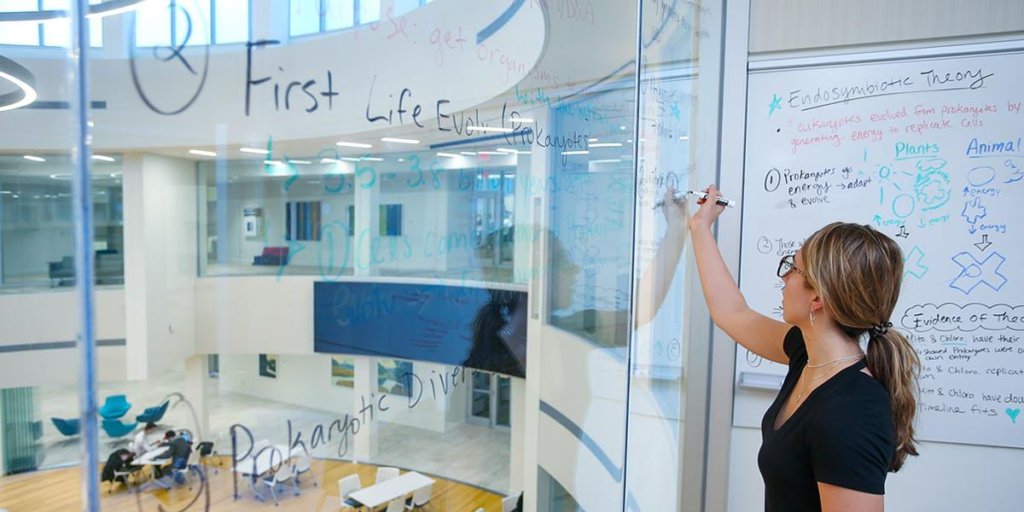
Bryant University combines an education in business with the liberal arts, creating globally-aware, career-ready graduates. Source: Bryant University
Bryant University combines an education in business with the liberal arts, creating globally-aware, career-ready graduates. Source: Bryant University
Few institutions bridge the gap between educational enrichment and professional development like Bryant University. Founded in 1863, Bryant stands out for its expertise and innovation in combining an education in business with the liberal arts. Here, students learn quickly to balance their more traditional classroom education with the more practical aspects of the professional world — they earn the technical and soft skills needed to navigate the ever-changing global workforce.
Its Communication programmes are a great example of this winning combination. Ranked among the top 4% of schools for Communication majors nationwide, Bryant equips students with the skills they need to succeed as personable and dependable employees in a range of high-demand careers. This includes message design, public discourse, as well as ethical, global, and digital competencies for professional and personal success.
Its Mathematics Department is just as prolific. Unlike most traditional Mathematics programmes, those at Bryant emphasise critical thinking and hone a strong business acumen on top of problem-solving and statistical analysis skills.This formula works: Bryant’s Applied Mathematics programme is ranked among the top 10 in the country, and first for Best Value in New England.
A natural result of Bryant’s unique approach? An empathetic, curious, and collaborative community of ethical, global citizens. Many find success upon graduation: 99% of Bryant graduates were employed or in graduate school within six months of completing their degrees, with an impressive median starting salary of US$63,000. Most significant, however, is their versatility and resilience in a fast-paced global environment — and their tendency to lift each other up along the way.
Follow Bryant University on Facebook, YouTube, Twitter, LinkedIn, and Instagram.
Colby College
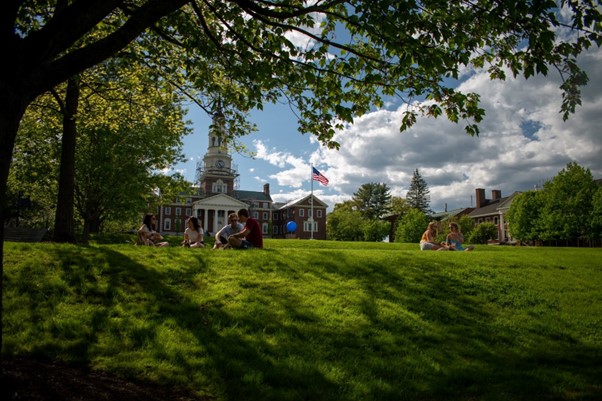
Learn the practical and creative side of entrepreneurship through global experiences, internships and research at Colby College. Source: Colby College Facebook
An institution steeped in history, Colby College is the 12th-oldest private liberal arts college in the country. Located in central Maine, the luscious 714-acre Mayflower Hill campus overlooks the stunning Kennebec River Valley.
This small college gives you a true community feel with just 2,000 students from every corner of the globe. The diverse yet cohesive student body makes for a supportive learning environment that encourages educational exploration, and collaborative learning experiences led by the college’s world-class professors.
Colby wants you to succeed and gives you the tools needed to do just that. The innovative Davis Connects programmes work from a whole new model of liberal arts education. As its tagline says, “you design your own future.” If you’ve got a vision for your future, no matter how grand, the Davis Connects program gives you what you need to make it a reality.
Providing connections and resources, Colby gives students the chance to step outside their comfort zones and gain valuable insights into the world’s most pressing issues. This makes for students who are not only career-ready by the time they graduate, but who are able to navigate the world around them with confidence and consideration.
Haverford College

Haverford College aspires to be the exemplary comprehensive institution that focuses on diversity, inclusivity, and multiculturalism. Source: Haverford College
Located just outside Philadelphia, Haverford College boasts academic rigour, an Honour Code, and a beautiful arboretum campus. The college aspires to be an exemplary comprehensive institution that focuses on diversity, inclusivity, and multiculturalism.
Known to offer a one-of-a-kind education, Haverford lets students become actively engaged with their learning, urging them to progress in the field of their choice as they shape a unique path to their future. Here, students evolve into well-rounded, expansive thinkers as they interact closely with world-class faculty and a diverse student body — each a collaborator in learning, in research, and in service.
The Centre for Career and Professional Advising (CCPA) at Haverford enables students and alumni to prepare for meaningful work. Many consistently find jobs and internship positions by referrals from CareerConnect, campus interviews, career fairs, independent searches, or by networking with the institution’s expansive industry connections.
“The unmatched support that I received from friends, teammates, coaches, faculty and staff gave me everything I needed to pursue any professional opportunity I want to,” shares alumnus Brandon Jenkins who is now working in Los Angeles for Rothschild & Co. in mergers and acquisitions.
Knox College

Real-world experience is at the forefront of learning at Knox College. Source: Knox College
Knox College is all about the human experience. Its core belief is that the classroom is informed by the communities surrounding it. As such, much of what students learn about the world is taken directly from being on the ground, conducting research and making connections everywhere from local neighbourhoods to global organisations.
This is only made possible through a dynamic curriculum that mixes inquiry with tradition. A characteristic of every liberal arts college is the broadening of the mind, and Knox is no different. Studies are inherently interdisciplinary, giving learners the fundamental professional skills they need such as writing, reading, calculating, and critical analysis.
Where Knox thrives, though, is in giving students an avenue to put theory to practice. It’s not uncommon to hear stories of your peers arranging an internship with the Wild Chimpanzee Foundation in West Africa, or having their award-winning play fully realised in a Los Angeles stage production. Here, students lead the change they want to see — and contribute to the communities around them along the way.
All of this makes for graduates who are determined and confident in what they want out of life. Knox sits in the top 4% of liberal arts colleges producing successful PhD candidates, and their alumni include a Pulitzer Prize winner, a White House advisor, a co-creator of BASIC — and more.
“There is so much you learn at a liberal arts school,” says Creative Writing and Spanish graduate Erin Waldron. “You get very comfortable with ambiguity and gray zones and asking how you know what you know. You get comfortable with things that are a little bit more squishy in life. Hands-on experiences, such as being part of the volleyball team, studying abroad in Spain and Argentina for the entire academic year, being a resident assistant (RA), doing an Honours project, all that taught me to embrace new situations and find solutions, even when it meant that I might have to start back at square one.”
*Some of the institutions featured in this article are commercial partners of Study International








